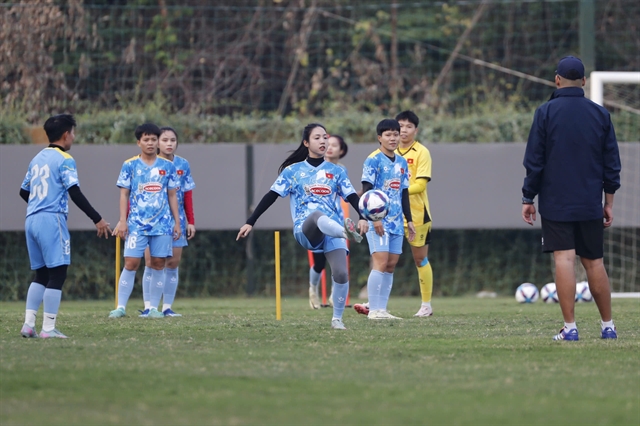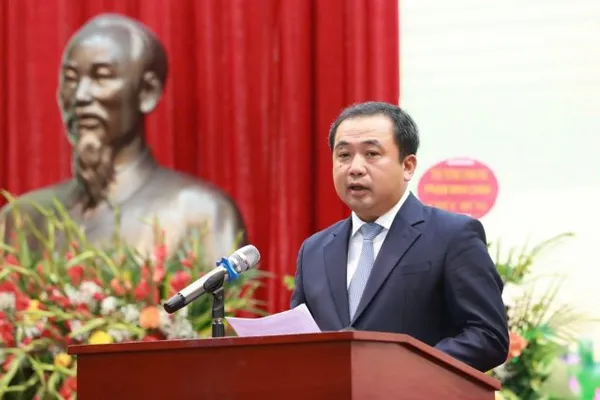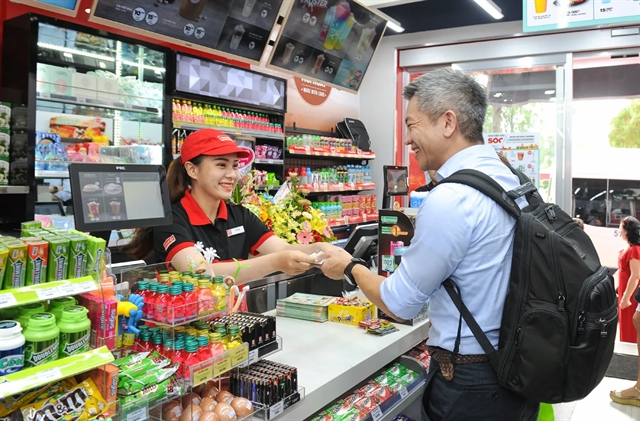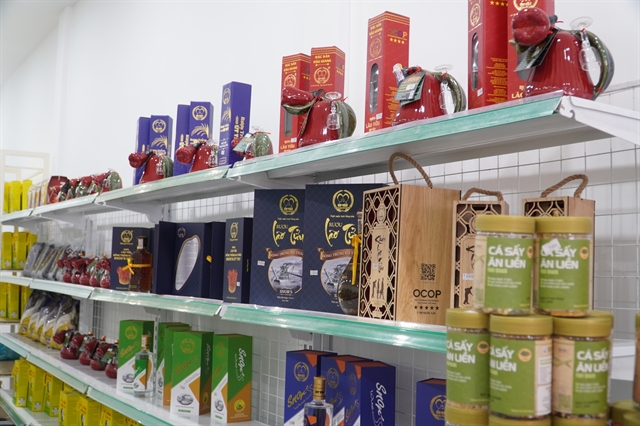 Society
Society
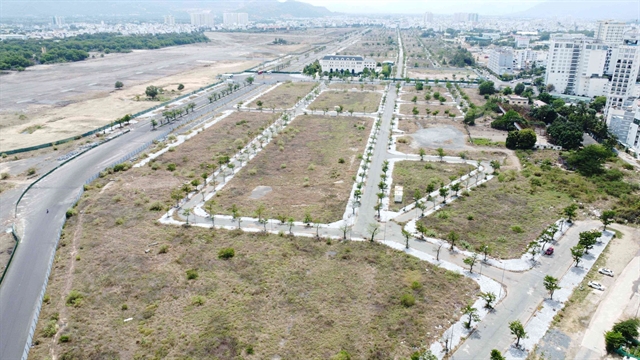
The National Committee for Ethics in Biomedical Research under the Ministry of Health on Saturday held an urgent online meeting to review the results of the first phase of clinical trials of Việt Nam’s domestically developed COVID-19 vaccine, Nano Covax, and to approve the mid-term results of its second phase.
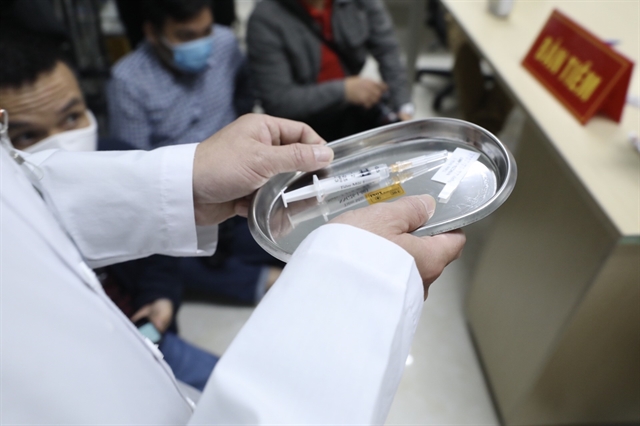
|
| A vial containing a dose of Nano Covax, Việt Nam's domestically developed COVID-19 vaccine, currently in phase 3 clinical trials. — VNA/VNS Photo |
HÀ NỘI — The National Committee for Ethics in Biomedical Research under the Ministry of Health on Saturday held an urgent online meeting to review the results of the first phase of clinical trials of Việt Nam’s domestically developed COVID-19 vaccine, Nano Covax, and to approve the mid-term results of its second phase.
Nano Covax has been developed by the HCM City-based Nanogen Pharmaceutical Biotechnology JSC based on recombinant DNA/protein technology since May 2020.
It went through the first phase of human trials from December 18, 2020, and the second phase from February 26, 2021. The third phase started on June 11, 2021, involving up to 13,000 volunteers.
Results from the first two trials showed that all volunteers developed antibodies against the SARS-CoV-2.
At the meeting, the committee agreed to accept the results of the first phase – involving 60 volunteers – with data collected until the sixth month from the first doses were administered. The first phase was conducted on 60 volunteers with three doses of 25 mcg, 50 mcg, and 75 mcg.
In the second phase involving 560 people, the Nano Covax appeared to be safe and had good immunogenicity or eliciting antibodies against the virus, but the committee stressed that this does not translate to efficacy, which means the protection the vaccine could give against infection or severity of the disease.
With outcomes recorded from the mid-term evaluation for the second phase to the present time, the committee decided to continue to allow the implementation of the third phase with an optimal dosage of 25mcg.
The third phase starting in early June comprises two smaller phases, with phase 3a involving 1,000 volunteers and phase 3b involving 12,000 volunteers.
About 8,300 second doses have been administered in phase 3b, and all 13,000 volunteers are expected to be given the two full doses before August 15.
The 25mcg, 50mcg, and 75mcg doses of the vaccine trialed in the first two phases provided largely similar level of immune responses against the novel coronavirus.
Speaking at the event, Deputy Health Minister Trần Văn Thuấn stressed that given the current situation in Việt Nam, the health ministry truly wishes for a successful and safe domestically made vaccine so that the country can be self-reliant with the supply.
“However, science is science," he said.
"We could be quick and streamline administrative procedures to approve the clinical trials plan, but scientificness and objectiveness must not be compromised, with reliable data, and people’s health the first priority.”
Thuấn wants the assessment of the 3a phase to be sent to the committee as soon as early next week.
The health official also asks the researchers to see whether a third booster shot would be needed to extend the efficacy of the vaccine, as well as the capacity of the vaccine against Delta variant as currently 70 per cent of the patients in Việt Nam are infected with this strain.
Regarding the intentions of some southern provinces to buy the vaccine candidates to give to their population amid vaccine supply shortage or to take part in human trials, Thuấn said the health ministry is supportive of localities participating in trials to help attain more data but the procedures must be respected. — VNS


